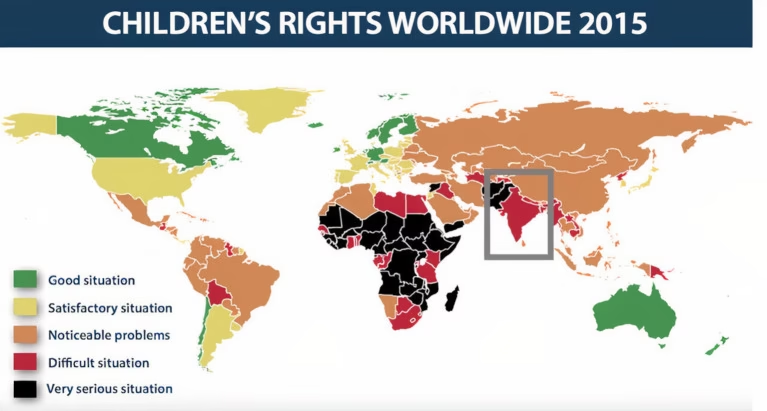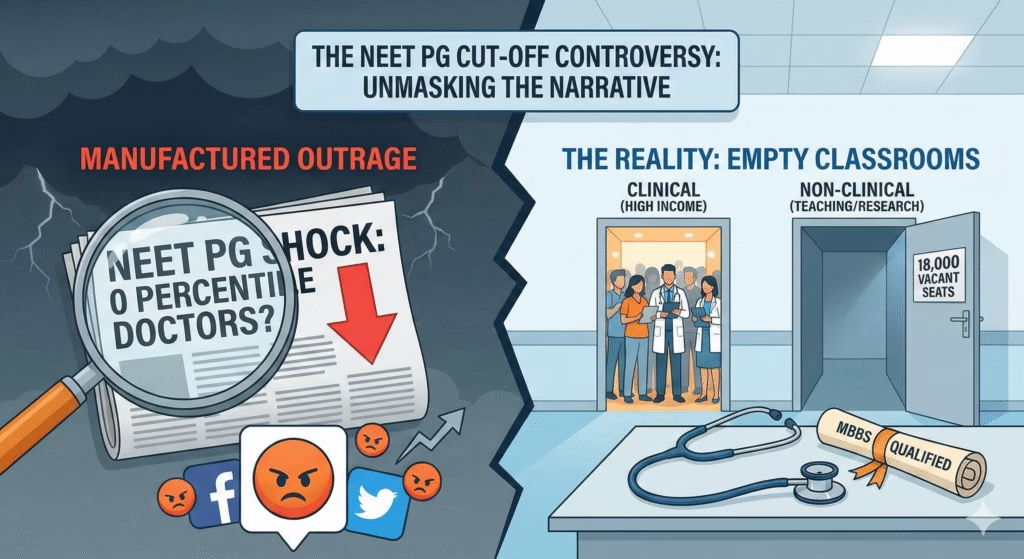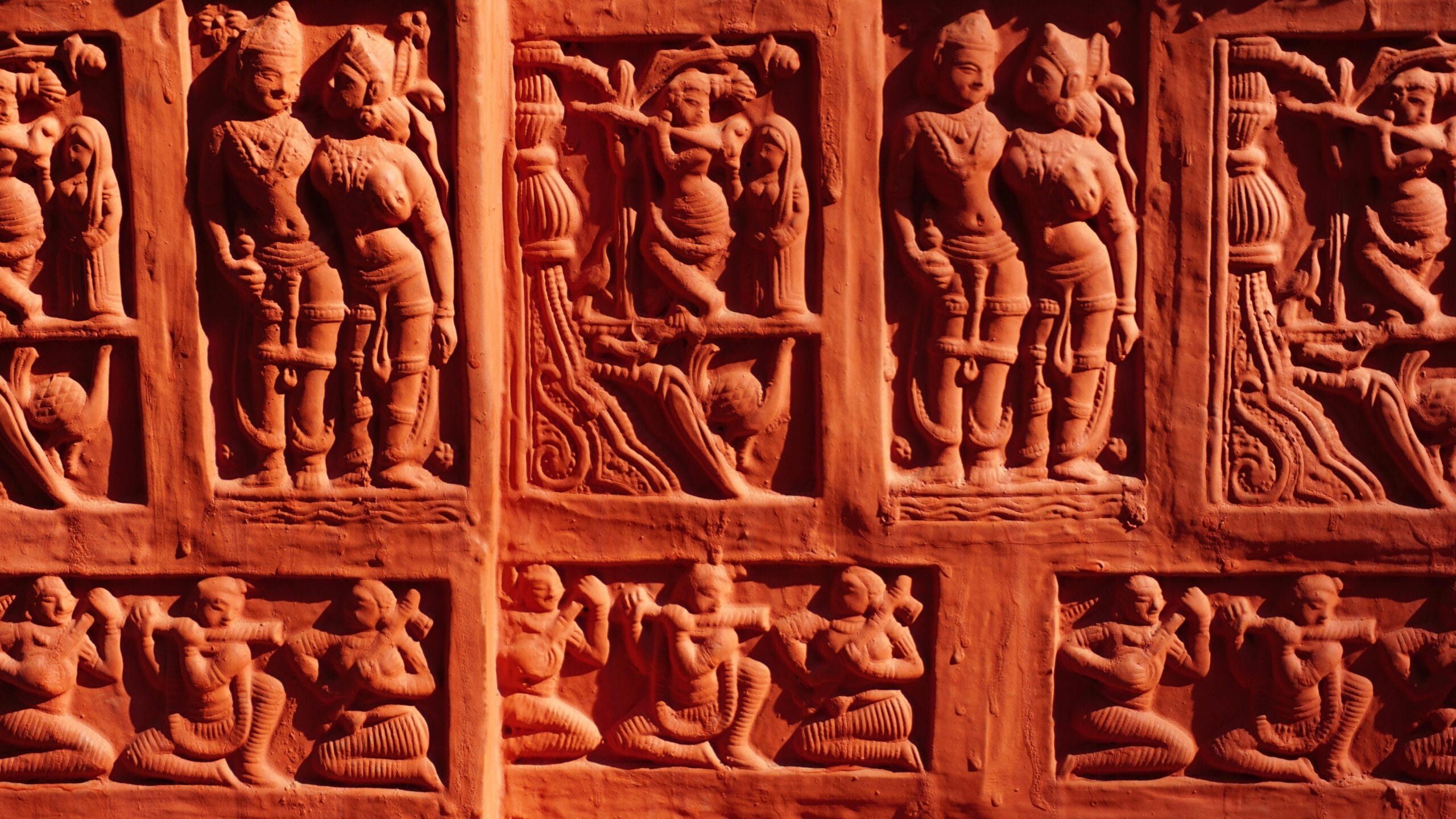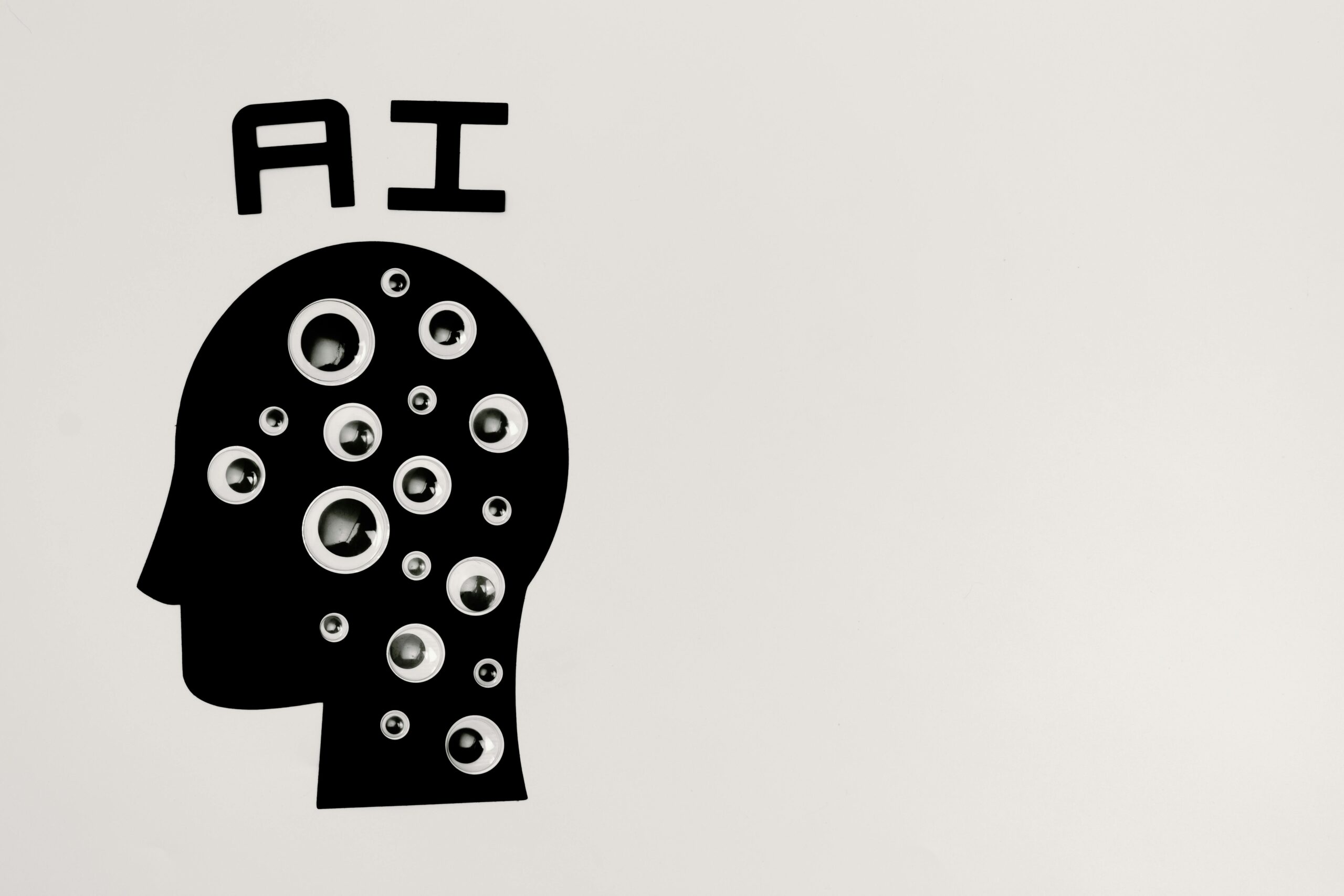Delving into the life and work of Dr. B.R. Ambedkar reveals his progressive vision on sex education and individual freedom. His perspective was remarkably ahead of its time, even by today’s standards. In a society that prides itself on progress, why do discussions on sex and sexuality still face such resistance?

Table of Contents:
Understanding the Context
The Prevailing Social Norms on Sex Education
In the early 20th century, Indian society was largely governed by traditional and often conservative norms. Discussing topics like sex and sexuality was considered taboo, particularly in more orthodox communities.
Dr. Ambedkar’s Unwavering Stance
Despite the prevailing social constraints, Dr. Ambedkar consistently championed the cause of equality and justice. He advocated for individual freedoms and challenged societal norms that perpetuated discrimination and inequality.
Champion of Individual Freedom
Dr. Ambedkar was a staunch advocate for individual liberty. He believed that every person should have the right to make personal choices without fear of discrimination or persecution. He was least bothered about what people thought of him or his work. Dr. Ambedkar was fearless and chose to fight for individual liberty, and took up this case despite the fact that he was at the peak of his career when even people like Jinnah, Gandhi and Nehru were so afraid of the backlash that they did not take such sensitive cases.
Dr. Ambedkar’s Case: A Fight for Social Health
The Social Health Magazine
In 1934, Dr. Ambedkar, as a lawyer, took up a case related to an article in the ‘Social Health’ magazine. This magazine aimed to address topics considered taboo in Indian society, such as sex education and family planning.
The Core Issue
The case revolved around the magazine’s publication of answers to readers’ questions about intimate aspects of their lives. The court accused the magazine of obscenity.
Challenging Obscenity
Dr. Ambedkar argued that providing information on social health issues, including sex education, could not be deemed obscene. He asserted that it was essential for individuals to have access to such knowledge. To fully understand the magnitude of Dr. Ambedkar’s stance, it’s crucial to examine the prevailing social context of the time.
Arguments in Favour of Sex Education
Knowledge as a Remedy
Dr. Ambedkar firmly believed that the distortions and prejudices surrounding sex and sexuality could only be dispelled through knowledge and education.
Empowering Individuals with Sex Education
He argued that access to correct information about sex and sexuality would empower individuals to make informed choices and lead healthier lives. Access to sex education enables a person to decide what is right or wrong for them.
Addressing Social Ills
Dr. Ambedkar recognised that a lack of awareness about sex and sexuality contributed to various social problems, including unwanted pregnancies, sexually transmitted infections, and gender-based violence. Lack of sex education is like navigating a minefield blindfolded – the risks are high, and the consequences can be devastating.
Championing Homosexuality
Challenging Societal Prejudice
Dr. Ambedkar extended his support to the LGBTQ+ community by defending their right to live with dignity and respect. At a time when homosexuality was widely stigmatised, Dr. Ambedkar’s advocacy was nothing short of revolutionary.
Individual Freedom
Dr. Ambedkar argued that consensual same-sex relationships should not be criminalized. He asserted that individuals have the right to choose their partners and express their sexuality without fear of persecution.
Respect for Personal Choices
He believed that society should respect the personal choices of individuals, as long as they do not harm others. This perspective aligned with his broader commitment to individual freedom and autonomy.
Data and Statistics
India’s Alarming Statistics
Recent data reveals the alarming state of sex education and sexual violence in India:
Child Sexual Abuse: Over 50% of children in India experience sexual abuse due to a lack of proper sex education.
HIV/AIDS: Lack of sex education leads to an increase in HIV/AIDS cases among adolescents
Teenage Pregnancies: India has one of the highest rates of teenage pregnancies, primarily due to a lack of sexual education.
Global Comparison
- Child Abuse Rate: India accounts for 42% of child abuse cases worldwide
- Switzerland: 24%
- America: 25%
- Sweden: 28%

These statistics underscore the urgent need for comprehensive sex education to protect children and adolescents from sexual abuse and exploitation.
The Prevailing Resistance
Societal Taboos
Even in the 21st century, discussions about sex and sexuality remain taboo in many Indian households.
Political Stance
Many states in India still ban sex education in schools, citing concerns about cultural values. Even leaders are afraid to openly support sex education.
Religious Influence
Religious beliefs often play a significant role in shaping attitudes towards sex and sexuality. Orthodox religious leaders often condemn sex education as immoral or against traditional values.
Historical References
Nitish Kumar’s Statement
In November 2023, a statement by Bihar’s Chief Minister, Nitish Kumar, on population control sparked controversy due to its crude language. However, his underlying message about the importance of education was lost in the uproar.
Mughal Era
During the Mughal era, homosexuality was more accepted. Mughal emperors like Babar, Jahangir, and Alauddin Khilji are known to have had same-sex relationships.
The Case Outcome
The Unfavourable Judgment
Despite Dr. Ambedkar’s compelling arguments, the court ultimately ruled against the ‘Social Health’ magazine and imposed a fine on its publisher. This verdict reflected the conservative values that prevailed in Indian society at the time.
Long-Term Impact
Although Dr. Ambedkar lost the case, his advocacy for sex education and LGBTQ+ rights had a lasting impact. His arguments paved the way for future discussions and legal reforms aimed at promoting individual freedom and social justice.
Dr. Ambedkar’s fight for individual freedoms and social justice continues to inspire generations. By understanding and embracing Dr. Ambedkar’s vision, we can contribute to a more enlightened and equitable society. Here are some steps you can take:
What can you do?
Here are some ways you can contribute to this cause:
- Advocate for Comprehensive Sex Education: Support efforts to introduce comprehensive sex education in schools and communities.
- Challenge Discrimination: Speak out against discrimination and prejudice against LGBTQ+ individuals.
- Promote Awareness: Share information and resources about sexual health and LGBTQ+ rights with your family, friends, and community.
- Support LGBTQ+ Organizations: Donate to or volunteer with organizations that advocate for LGBTQ+ rights and provide support to the community.
- Educate Yourself: Stay informed about issues related to sexual health and LGBTQ+ rights. Take action now by supporting the cause!
Disclaimer
To ensure clarity and understanding, here are the definitions of some of the key terms used in this article:
- Sex Education: The process of acquiring knowledge and understanding about sexual anatomy, reproduction, and relationships.
- Individual Freedom: The right to make personal choices without fear of discrimination or persecution.
- Social Justice: The principle of fairness and equality for all members of society.
- Homosexuality: Sexual attraction to individuals of the same sex.
- Heterosexuality: Sexual attraction to individuals of the opposite sex.
- Bisexuality: Sexual attraction to both males and females.
- Transgender: A person whose gender identity differs from their assigned sex at birth.
- LGBTQ+: An acronym for lesbian, gay, bisexual, transgender, queer, and other sexual orientations and gender identities.
- Cisgender: Person whose gender identity matches their assigned sex at birth.
Conclusion
Dr. B.R. Ambedkar was a visionary leader who championed the cause of individual freedom and social justice. His fight for sex education and LGBTQ+ rights was a testament to his unwavering commitment to equality and human dignity. By understanding and embracing Dr. Ambedkar’s vision, we can create a more just and inclusive society for all.
Read more about Dr. Ambedkar and his views on Social Justice.
Deep Roots of Conspiracy Theories in Indian History
The Necessity of Scrutinizing Historical Narratives To truly grasp the fabric of Indian history, it…
NEET PG Cut-Off Outrage: Deconstructing Reservation Myths
The Orchestration of Anti-Reservation Sentiment Following NEET PG Cut-Off Adjustments A discernible pattern emerges within…
UGC 2026 Guidelines: Ending Casteism in Academia
The Precarious State of Higher Education in India and the Need for Intervention The landscape…
Monopoly, Bipoly, and the Erosion of Choice
The Illusion of Democracy and the Rise of Authoritarian Tendencies The current national landscape reveals…
Bhavishya Purana: Puranic Chronology & Foreign Influence
The Allegations of Foreign Appropriation in Ancient Scriptures A significant point of contention arises when…
Origins of Shivalinga Worship: Historical & Scriptural Views
Unveiling the Origins of Shivalinga Worship in India The Enigma of Shivalinga Worship The worship…
Do you disagree with this article? If you have strong evidence to back up your claims, we invite you to join our live debates every Sunday, Tuesday, and Thursday on YouTube. Let’s engage in a respectful, evidence-based discussion to uncover the truth. Watch the latest debate on this topic below and share your perspective!






